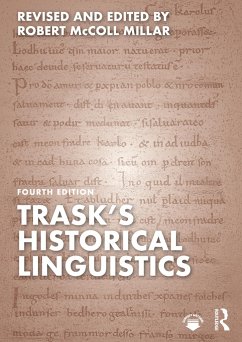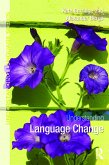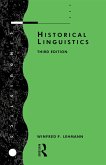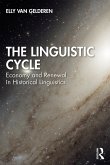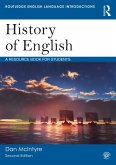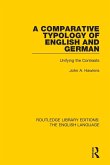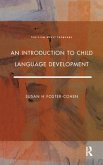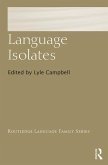Trask's Historical Linguistics provides an accessible introduction to historical linguistics - the study of language change over time. This engaging book is illustrated with language examples from all six continents, and covers the fundamental concepts of language change, methods for historical linguistics, linguistic reconstruction, sociolinguistic aspects of language change, language contact, the birth and death of languages, language and prehistory, and the issue of very remote relations.
The fourth edition of this renowned textbook is fully revised and updated and covers the most recent developments in historical linguistics, including:
A thorough reworking of sections on morphological and syntactic change, incorporating progress in areas such as grammaticalization and the discussion of the Indo-European 'homeland'Discussion and analysis of 'folk' historical linguistics and its connection with some of the more eccentric views of professional linguistsAn expandeddiscussion of language contact, historical sociolinguistics, and language planning, including a discussion of contemporary competing views on the genesis and nature of creoles, and their importance in our understanding of radical linguistic changeUpdated support material including suggestions for essay questions and a larger number of supporting examples of the phenomena described in the book
Trask's Historical Linguistics is essential reading for advanced undergraduate and postgraduate students of historical linguistics as well as any student looking for a grounded introduction to the English language.
The fourth edition of this renowned textbook is fully revised and updated and covers the most recent developments in historical linguistics, including:
A thorough reworking of sections on morphological and syntactic change, incorporating progress in areas such as grammaticalization and the discussion of the Indo-European 'homeland'Discussion and analysis of 'folk' historical linguistics and its connection with some of the more eccentric views of professional linguistsAn expandeddiscussion of language contact, historical sociolinguistics, and language planning, including a discussion of contemporary competing views on the genesis and nature of creoles, and their importance in our understanding of radical linguistic changeUpdated support material including suggestions for essay questions and a larger number of supporting examples of the phenomena described in the book
Trask's Historical Linguistics is essential reading for advanced undergraduate and postgraduate students of historical linguistics as well as any student looking for a grounded introduction to the English language.
Since its first publication in 1996, Trask's Historical Linguistics has been the resource for teaching historical linguistics. It's great to have a new edition, carefully updated and revised by language change expert McColl Millar, so that future generations can also work with this gem of a textbook!
Professor Alexander Bergs, Osnabrück University, Germany
Trask's Historical Linguistics is that rare thing: a wide-ranging textbook for both undergraduates and postgraduates that is not only as an authoritative introduction to the topic but also offers new insights into major research problems. Robert McColl Millar's latest revision is a tour-de-force of clear, up-to-date and indeed inspirational exposition. It can be heartily recommended.
Jeremy J. Smith, University of Glasgow, Scotland
Professor Alexander Bergs, Osnabrück University, Germany
Trask's Historical Linguistics is that rare thing: a wide-ranging textbook for both undergraduates and postgraduates that is not only as an authoritative introduction to the topic but also offers new insights into major research problems. Robert McColl Millar's latest revision is a tour-de-force of clear, up-to-date and indeed inspirational exposition. It can be heartily recommended.
Jeremy J. Smith, University of Glasgow, Scotland

